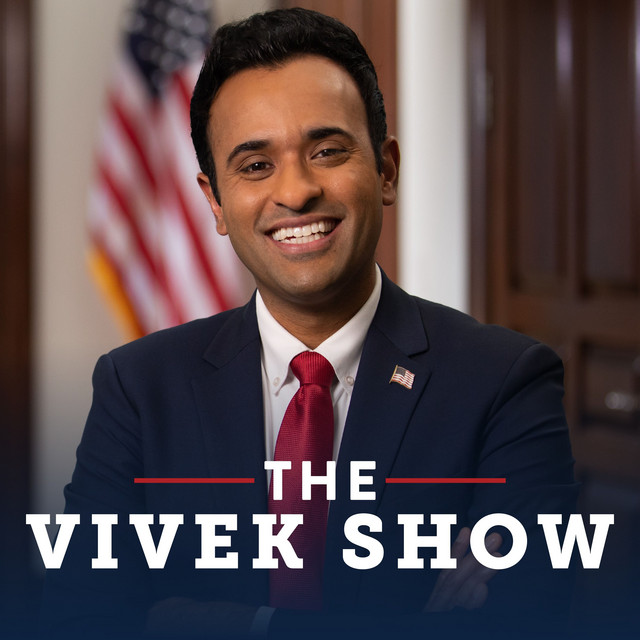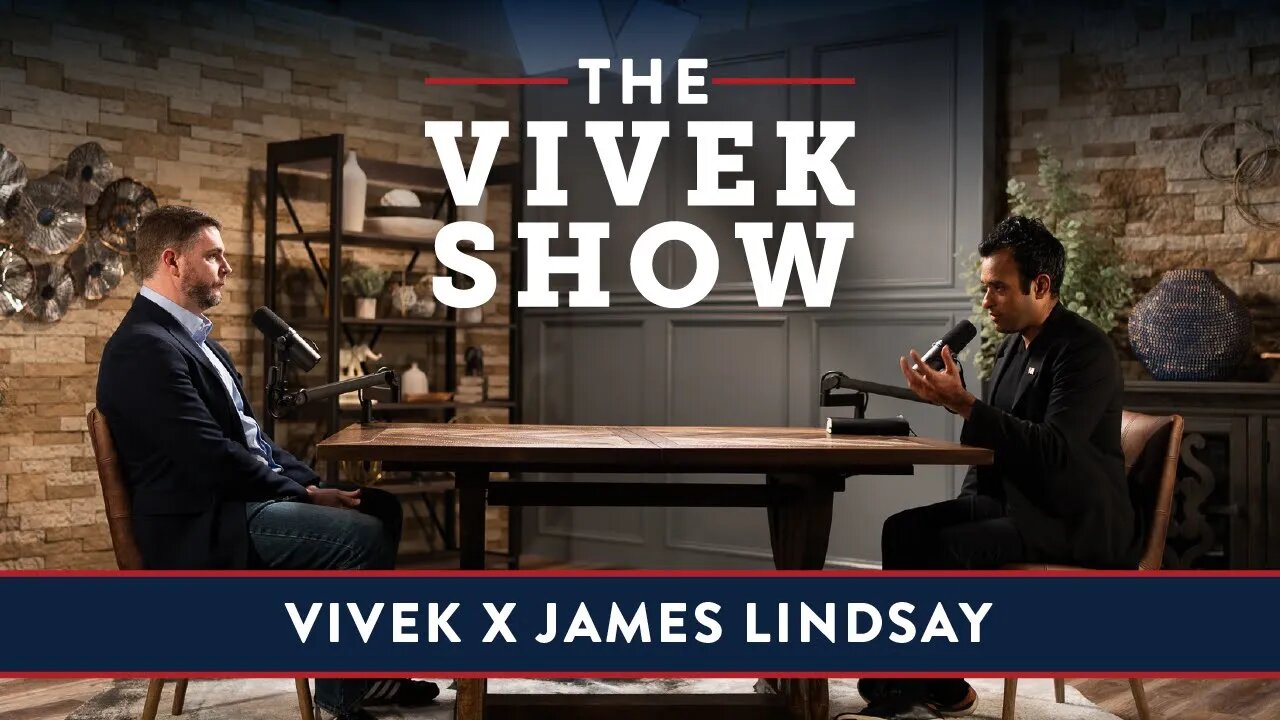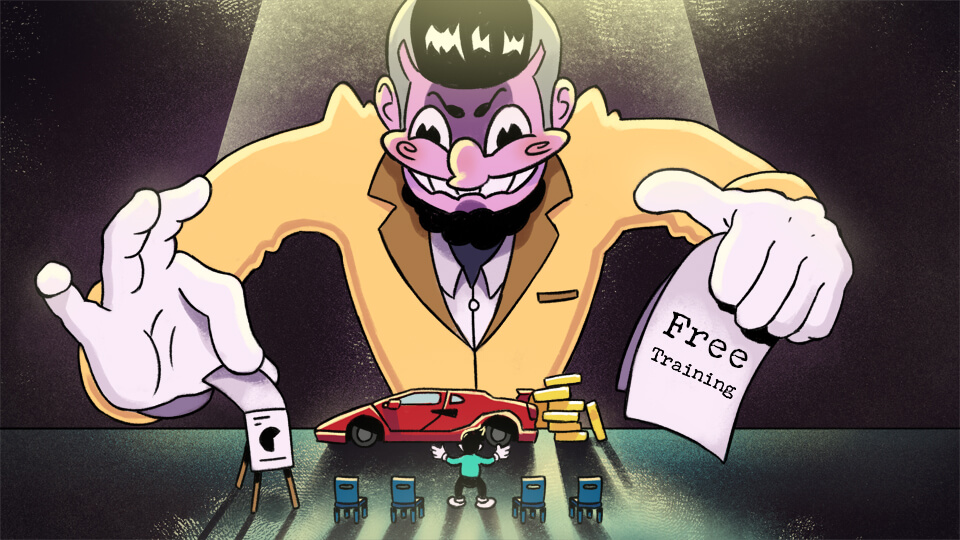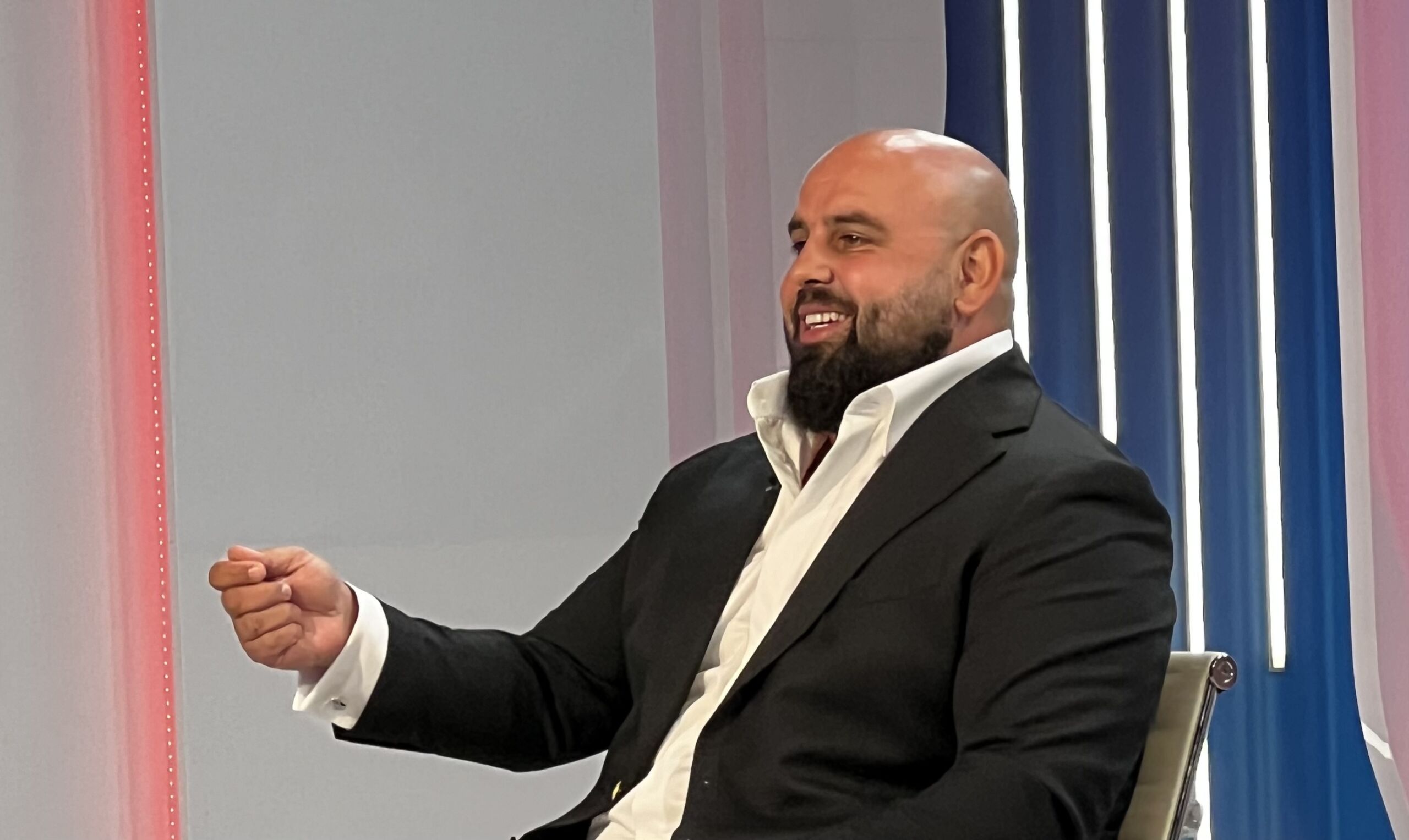Introduction:
The landscape of American politics has shifted dramatically in recent years, and not just in terms of policy or ideology. The very persona of a political leader seems to have morphed into something altogether different. Enter Vivek Ramaswamy, a biotech entrepreneur, author, and increasingly, a political commentator and potential public servant. As a successful businessman myself, I’ve admired Mr. Ramaswamy’s drive, intelligence, and articulate arguments on socio-political issues. For a while, I even envisioned him as a promising Vice President to Donald Trump.
However, the recent launch of “The Vivek Show” on YouTube made me pause and re-evaluate the current state of public leadership and what it means to be a “real leader” in today’s world.

The Merging of Entertainment and Politics:
The line between entertainment and public service has become increasingly blurry. We’ve seen this trend with other public figures too, notably Donald Trump, who transitioned from being a reality TV star to the President of the United States. While this merging of roles can sometimes inject energy and public interest into politics, it also raises questions about the qualities and capabilities we should expect from those running for public office.
The Role of a Leader:
Leadership has traditionally been associated with traits like wisdom, gravitas, and a laser-focused dedication to public service. Being a host of a YouTube show might showcase one’s charisma and ability to engage with the public, but it also diverts attention from the serious responsibilities that come with leadership.
The Dilemma of Dual Roles:
Is it possible to be an entertainer and a public servant simultaneously? Can a leader take on multiple personas and still command the respect and seriousness that come with leading a nation? While the modern media landscape almost demands this dual role for higher visibility, there is the danger of diluting the gravitas that comes with holding public office.
The Right Role Models:
As someone who takes pride in my professional endeavors and aims to become a major influencer in the business world, I find it disheartening to see potential role models adopting such an incongruous mix of professions. The idea that it’s “normal” to host a show while running for public office is not the role model that resonates with me.
Questions for Reflection:
Should future leaders focus solely on their roles as public servants, or is there room for multitasking in the modern world? Does adopting multiple roles impact the public’s perception of a leader’s capability and seriousness?
Conclusion:
The transformation of Vivek Ramaswamy from a biotech entrepreneur and potential public servant to a YouTube show host symbolizes a broader change in our collective perception of what leadership should look like. While charisma and public engagement are important, they should not come at the cost of the gravitas and seriousness required for effective leadership. As our political landscape evolves, it’s crucial to ask what qualities we value most in our leaders and to hold them accountable to those standards.




